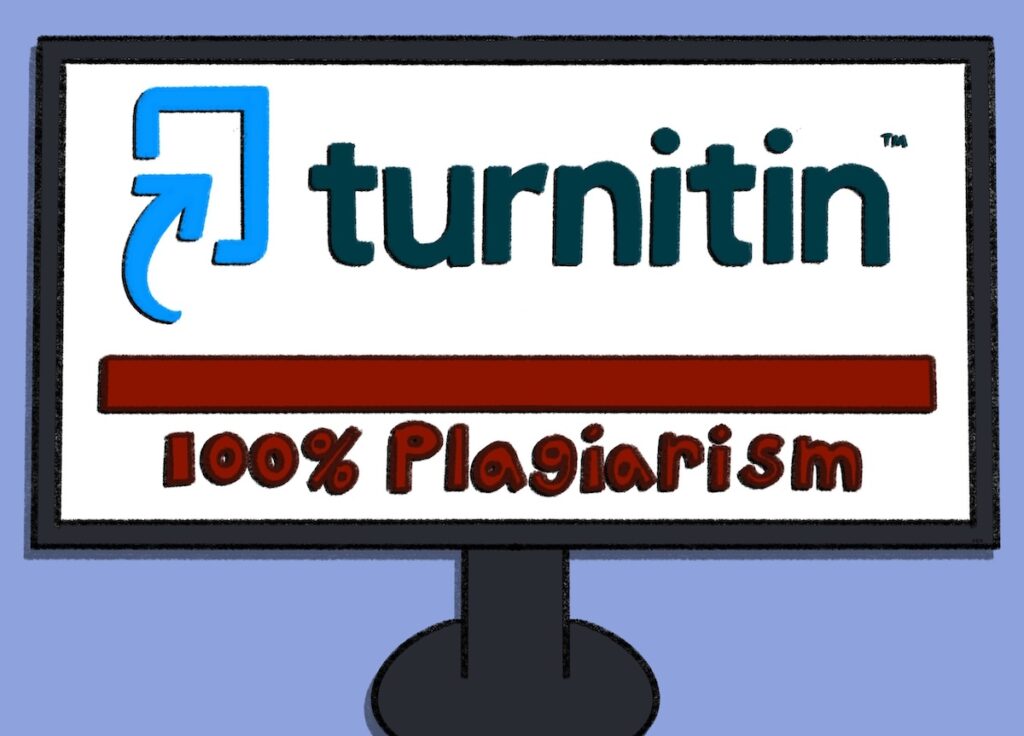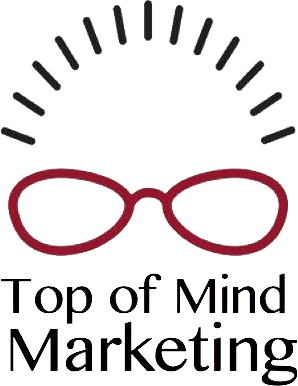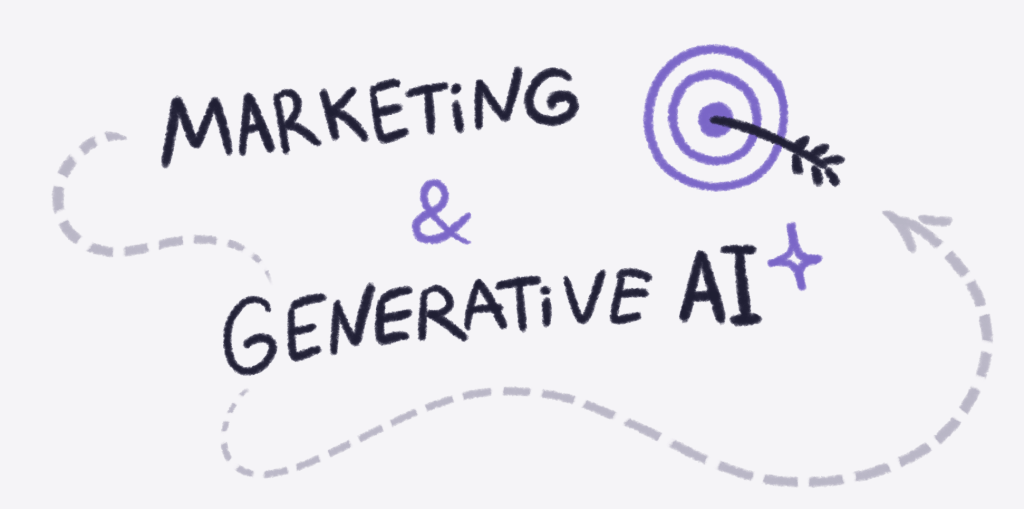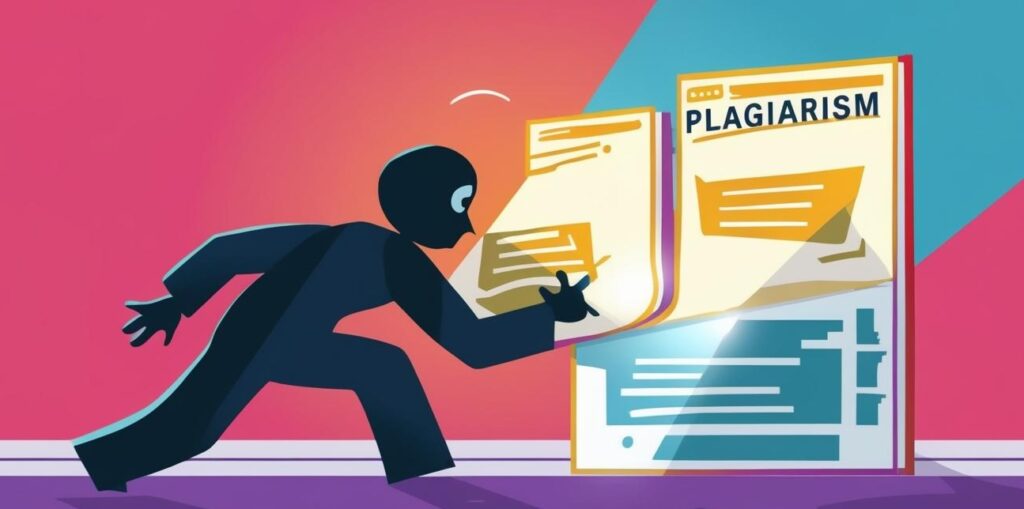
As we looked for ways to use AI writers without plagiarising, along came plagiarism removers. These tools, also known as paraphrase generators or paraphrasing tools, help users rewrite or rephrase potentially plagiarized content while maintaining the original meaning.
Plagiarism removers scan text against a massive database of published content to identify sections that might be considered plagiarism and suggest some rephrasing options.
But here’s the catch: Rephrasing IS the problem
Plagiarism is stealing ideas. If you take someone else’s work and swap out a few words, throw in some synonyms and reword it, it’s still plagiarism because you haven’t changed the premise. You’re stealing someone else’s ideas. If you run that text through an AI detector, you’ll get killed.

Beware the Word Changer tool
Plagiarism removers have a word changer-type of tool. The problem? Changing a few words is still stealing ideas.
Don’t confuse AI detectors with plagiarism removers
There really is no relationship between an AI detector and a plagiarism remover. They do completely different things. If you use a plagiarism remover, have you outsmarted the AI detectors?
No. I’ve been setting up little tests for myself, using a little 500-word article that I cobbled together from content that may have started as an AI-written document, but was rewritten several times. I added a personal experience and several examples. It sailed through a plagiarism remover, but failed the AI detector test with a whopping 80% chance of having been created by AI writer.
Using plagiarism removers
-
- How they work. These tool scan your uploaded text, compare it to their database, and their algorithms identify potential plagiarism.
-
- Plagiarized sections are highlighted, often with a percentage score indicating the level of similarity.
-
- Rephrasing options. They offer suggestions for rewording the flagged sections to make them more original.
Benefits
-
- Time-saving. Automates the process of plagiarism checking, especially for long documents. Think about the time you spend rewriting documents where there is plagiarized content.
-
- Improved originality: Helps identify and correct potential plagiarism issues before submitting work.
-
- Awareness of sources: Helps users better understand the need to properly cite sources.
Limitations
-
- Users will inevitably miss instances of plagiarism.
-
- Misinterpretation: There will be false positives–not a big deal unless your scholarship or grant depends on it.
-
- Plagiarism removers are just tools. They can make us more aware of the environment in which we’re working. This is becoming a big game–trying to stay one step ahead of the detectors and removers.
Ethics issues are part of the AI landscape
These issues centered around detecting AI-written documents and plagiarism detectors are about stealing information. They’re ethics issues, and they’re part of the AI landscape that really hasn’t been addressed. Academia may be leading the way, as student essays and documents are the lingua franca. It’s part of the way learning takes place and the way students move from one grade to the next.
But AI writers are here to stay; we’re not going back
We’ve embraced the luxury of having a writing assistant and we love it. Like most of my colleagues, I use an AI writer to create a draft. I’m always curious what it can generate–and the end product is generally not very good.
There aren’t any real-life examples or data to prove my case, no personal experience. So I build on this. I do some research to flesh this article out so it tells a story. If I run this document through a plagiarism remover, it will pass with flying colors. An AI detector? Probably not.
A quick look at plagiarism and detection applications
Turnitin: A company that’s doing it right
Comprehensive plagiarism detection in the academic space
Turnitin set itself apart early on in the AI writer/AI space and it remains a leader in the detection industry. Essays and other written documents are a way to test student learning, and instructors want to know that students aren’t just copying and pasting someone else’s work.
Turnitin calls them “Similarity detection tools”; they guide students toward academic integrity and they’re the Turnitin solution–not plagiarism removers. Another term in the Turnitin space is “academic misconduct”, a glorified term for cheating, which is what plagiarism is, stealing someone else’s ideas.
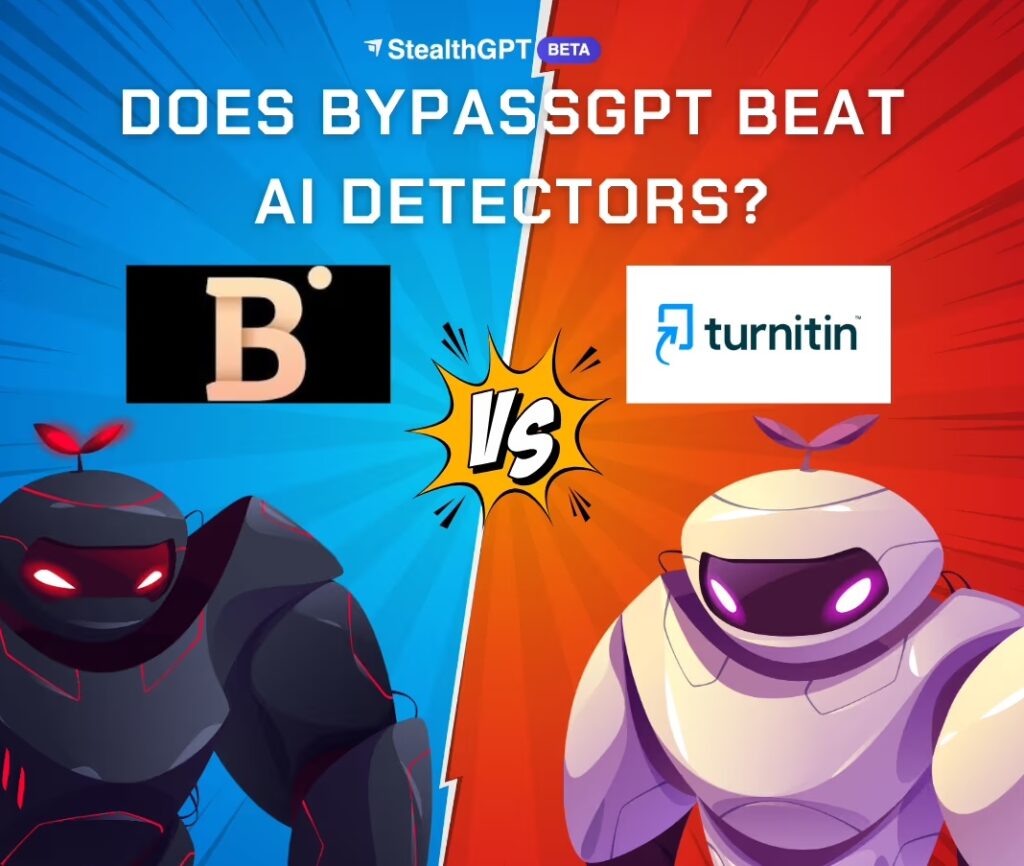
BypassGPT: Plagiarism remover, AI detector and humanizer
In their own words, “Utilize our plagiarism remover to obtain 100% plagiarism-free content.” That’s the BypassGPT promise to its users. But it doesn’t stop there. BypassGPT also has an AI detector and humanizer.
With BypassGPT, we can plagiarize to our heart’s content, yet still maintain authenticity. (I’m struggling with this. How do we become topical authorities when we’re stealing content and evading the AI detectors?)
Free BypassGPT test
Insert up to 80 words and hit the button. I inserted content that had a long history. It began as an AI-generated document, but I’d rewritten it, added real-life examples, well-sourced data, and a case study. I sailed right through the plagiarism detector test. I popped in another 80-word paragraph and it came back 100% human-generated.
Pricing–$8/month buys $5K words.

BypassGPT lets you test the app for 1K words before having to create an account and pay. If you’re doing a lot of writing–articles of 2K words each–that’s not going to go very far. However, if it keeps you from ruining your reputation, upgrade to the next level.
Plagiarism Remover
Plagiarism Remover has both a plagiarism remover and a checker. It also has AI paraphrasing tool and rewriting tools. There’s a grammar checker and a text summarizer.
I used the same document that I used in testing BypassGPT, and tested a few paragraphs that might be vulnerable to plagiarism. I started with the Plagiarism Remover and dropped in a 80-word paragraph. The result was a mess.
Plagiarism Remover produces content that requires a LOT of cleanup
Let’s just say that if you’re using a plagiarism remover on a 2K-word document, you’re going to have to be facing a massive cleanup project. Compare the Plagiarism Remover text to the original in the example below. This content doesn’t really make sense. You can see that if you have a long article or paper, you’ve got a lot of work to do.
Text that’s been altered by Plagiarism Remover

Original text
In their own words, “Utilize our plagiarism remover to obtain 100% plagiarism-free content.” That’s the BypassGPT promise to its users. But it doesn’t stop there. BypassGPT also has an AI detector and humanizer. With BypassGPT, we can plagiarize to our heart’s content, yet still maintain authenticity. (I’m struggling with this. How do we become topical authorities when we’re stealing content and evading the AI detectors?)
Pricing for Plagiarism Remover

Conclusion
We’re all writers and marketers these days, so the issue of content, plagiarism and AI detectors has become a moving target. We’re learning how to identify plagiarism and resolve it with our online tools. Plagiarism is also an ethics issue–when we plagiarize, we’re stealing someone else’s ideas. And now we have plagiarism removers. How good these are is a matter of degree and your own conscience.
I’ve done a quick profile of two plagiarism removers.
- I sailed through one of these, BypassGPT–passing the AI detector test and the plagiarism remover.
- The second application, Plagiarism Remover, rewrote the selection as per the plagiarism remover functionality, and it left a ravaged block of text. The message is pretty clear: If you’re going to use a Plagiarism Remover, be prepared to do a significant amount of cleanup.
I’m going to be doing more research on these tools because text is fundamental to our content development and whole SEO approach.
